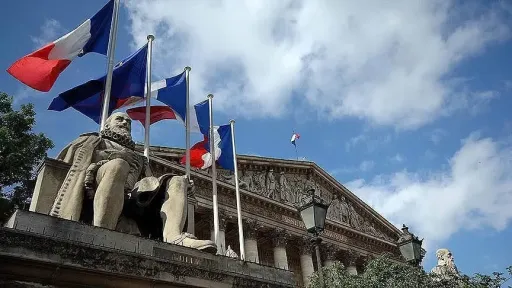EU Court Rebukes von der Leyen Over Missing Pfizer Texts in 'Pfizergate' Scandal

The EU executive failed to prove that it did not hold the text messages exchanged between von der Leyen and the Pfizer CEO over the purchase of millions of vaccine doses during the COVID-19 pandemic. Brussels stalls and claims, "Transparency has always been of paramount importance."
The EU General Court slaps Ursula von der Leyen over the so-called Pfizergate. The judges in Luxembourg side with the New York Times and annul the decision by which the European Commission rejected access to text messages exchanged between the president and Pzifer’s CEO, Albert Bourla, over the purchase of millions of doses of vaccines during the COVID-19 pandemic. According to the judgment, it is not enough to merely state that it does not hold the requested documents. The EU executive should have “provided credible explanations” to demonstrate why such documents were unavailable. And it did not do so.
Rewind: in November 2020, amid the health crisis, the Commission and its president von der Leyen began betting on Pfizer vaccines — as well as those of Moderna, AstraZeneca, and Novavax — to kick off the massive vaccine campaign. It purchased 300 million Pfizer doses in January 2021 and 100 million doses in April. A few days later, it announced another contract. There were so many doses and so much money at stake. Matina Stevis-Gridness, a reporter for the New York Times, asked to see the correspondence between the main players in this story, the Commission president and the Pfizer CEO. However, she was denied access because Brussels claimed the text messages were unavailable.
The European Commission does not deny the message exchange between von der Leyen and Bourla, pointing out that it was an “unprecedented situation” and that, at the time, no legislation existed for such contracts with pharmaceutical industries. But the messages “only served to speed up communication,” they say in Brussels in Brussels. The messages were not filed because they contained nothing relevant.
In their ruling today (May 15), the Luxembourg judges noted that the Commission’s responses throughout the proceedings regarding the requested text messages are based “either on assumptions or on changing or imprecise information.” On the other hand, the New York newspaper presented “relevant and consistent evidence describing the existence of exchanges, in the form of text messages in particular, between the President of the Commission and the CEO of Pfizer in the context of the procurement of vaccines by the Commission from that company during the COVID-19 pandemic.”
The embarrassment is complete: the EU executive “did not explain in detail the type of searches that it carried out to find those documents” and, in general, “plausible explanation to justify the non-possession of the requested documents.” Another key passage: the Commission has not sufficiently clarified whether the text messages between von der Leyen and Bourla were deleted and, if so, whether the deletion was done “deliberately or automatically” or whether the President’s mobile phone “had been replaced in the meantime.” the Tribunal further notes that the Commission’s defense falls apart since it “failed to explain in a plausible manner why it considered that the text messages exchanged did not contain important information.”
Brussels, which can appeal the ruling to the EU Court of Justice within two months and ten days, is stalling for now. A statement that is as cautious as it is enigmatic says it will “closely study the General Court’s decision” and “decide on next steps.” It will also “adopt a new decision providing a more detailed explanation.”
eunews







